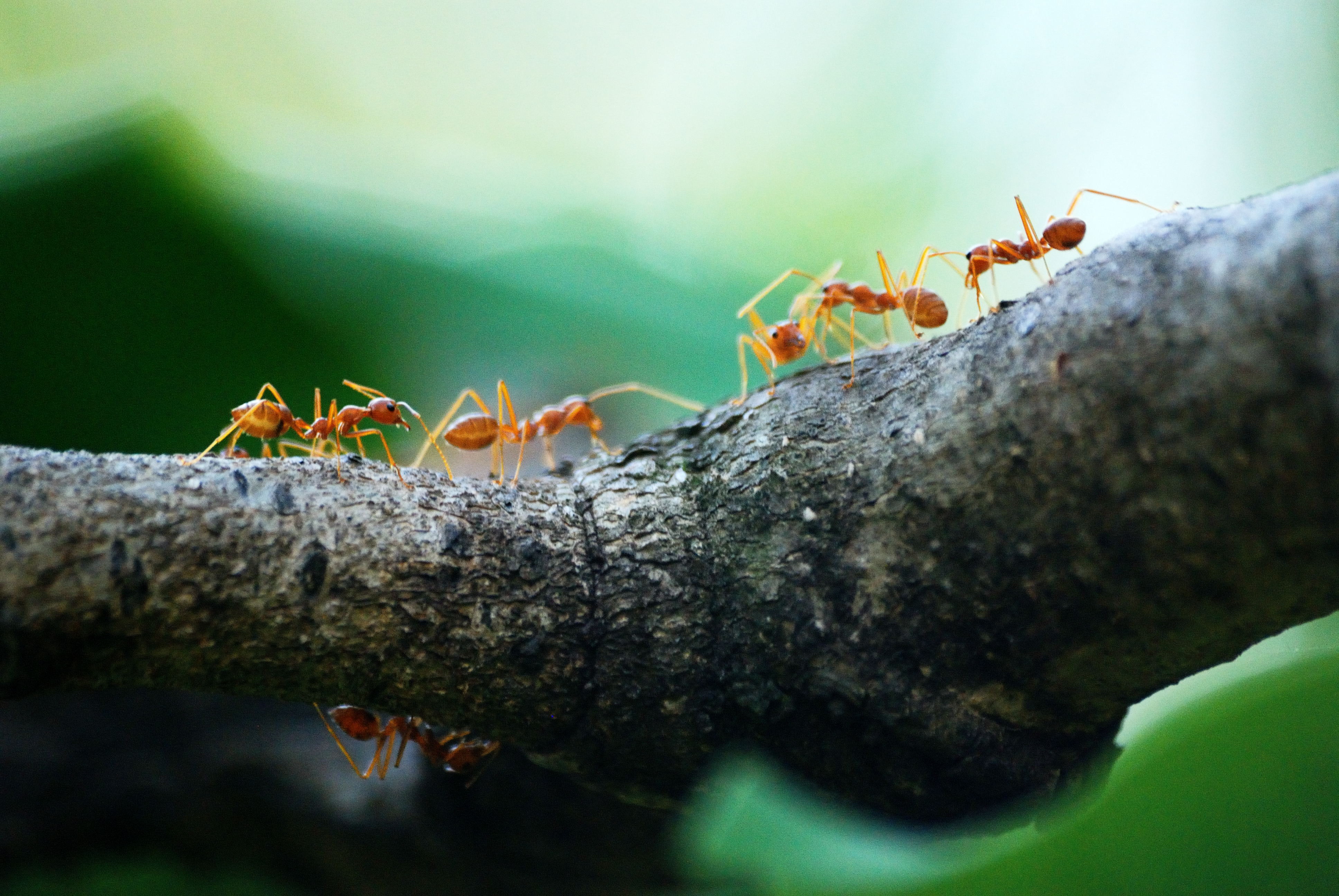Wisdom While You Work
“Any fool can know. The point is to understand.” —Albert Einstein
Have you ever been to the zoo and observed a two-toed sloth? They’re fascinating creatures.
- They spend between 15 and 18 hours every day sleeping.
- They live most of their lives hanging upside-down.
- They’re among the slowest moving mammals on the planet.
- They move so slowly in fact, that algae forms on their fur—and when they get hungry they lick it for nutrition.
Dictionaries define slothful as sluggardly, indolent, lazy.
The book of Proverbs in the Bible is all about living wisely in this world. It’s full of very practical wisdom. Several passages speak of slothfulness and the fruit of such a lifestyle, contrasted with purposeful and diligent living.
“Go to the ant, you sluggard; consider its ways and be wise! It has no commander, no overseer or ruler, yet it stores its provisions in summer and gathers its food at harvest” (Proverbs 6:6-8).
Picture a colony of ants. They are always busy marching somewhere. Their movement doesn’t seem haphazard but instead appears filled with purpose and direction. If an obstacle appears in an ant’s path, it navigates around it and finds its way back to the path it was on.
As the “ant” proverb points out, they store their provisions in the summer when things are plentiful, not in the winter when conditions are unfavorable. They work when the opportunity is there.
In the ant you see a picture of forward–thinking work ethic—purposeful and diligent. These attributes should characterize our effort.
Wisdom is further seen in contrast: “I went past the field of a sluggard, past the vineyard of someone who has no sense; thorns had come up everywhere, the ground was covered with weeds, and the stone wall was in ruins. I applied my heart to what I observed and learned a lesson from what I saw: A little sleep, a little slumber, a little folding of the hands to rest—and poverty will come on you like a thief and scarcity like an armed man” (Proverbs 24:30-34).
The sluggard is not wise in his judgments. He makes foolish choices. He chooses to sleep rather than to work. Weeds overtake his fields; the fences or walls around those fields fall apart. The results are obvious—calamity multiplies for the sluggard.
The wisdom here isn’t simply a contrast of busyness versus laziness. The ant demonstrated foresight—the wisdom to know that diligent effort in this season is necessary for the next. The fool is short–sighted. His decision to sleep will come back to bite him. He either doesn’t see it, or he doesn’t care.
Thought provocation for us: How can we be wiser in our choices and priorities so as to be more effective in our efforts?
My prayer this week—Father, please grant me wisdom in my work. Please give me foresight to identify the important things of tomorrow affected by the choices I make today. And will you bless my efforts in doing it?


